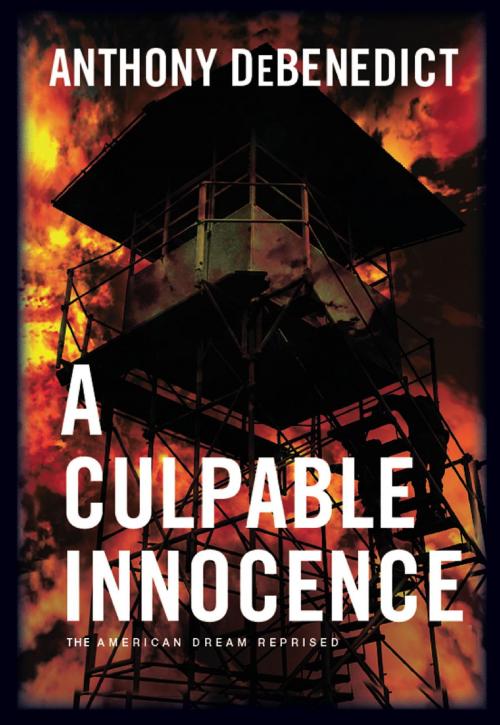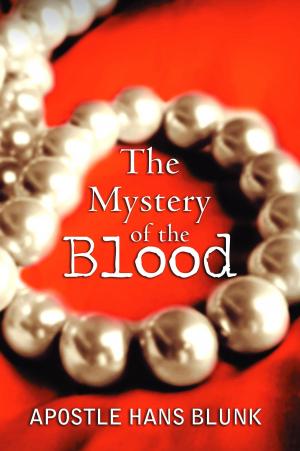| Author: | Anthony De Benedict | ISBN: | 9781618563262 |
| Publisher: | Bookwhirl | Publication: | August 28, 2013 |
| Imprint: | Language: | English |
| Author: | Anthony De Benedict |
| ISBN: | 9781618563262 |
| Publisher: | Bookwhirl |
| Publication: | August 28, 2013 |
| Imprint: | |
| Language: | English |
"A Culpable Innocence" is at once a story grounded in the hard reality of war's chaos and uncertainties, and yet transcendent in its themes of love, heroism and sacrifice. The author drew upon his own experience as a decorated soldier in Vietnam and upon the many historical sources previously published, some of which have only recently been declassified. The story he weaves traces the journey of Regis Fallen as he attempts to secure the promise of his American birthright in the midst of the racial, political, and military strife of the '60s. Along the way, Vietnam becomes the alchemist cauldron in which he is fired and purified of his preconceptions about himself, race, war and the meaning of love. The catalyst for much of this transformation is the relationship he develops with an attractive Eurasian and her uncle, a South Vietnamese high court judge. They involve him in the intrigue and espionage that underlie the overt war. While engaged in his soldiery duties on the surface, where mangled bodies and death by happenstance are the constant threat, he must maneuver this underground, but equally dangerous, path of clandestine operations. Will his superiors view him as a patriot or a traitor, punishable by imprisonment or even death? What is at stake, however, is more than his life. Hovering over his consciousness is an ever present imperative to uncover his personal values. He questions whether those values coincide with his role in the Army, with his developing relationship with a beautiful Eurasian, and with his behavior toward the African-American girlfriend he left behind in America. His passage into a new, fearless self-identity mirrors the hope of all who struggle to find purpose and meaning in difficult circumstances. Besides Regis' personal transformation, "A Culpable Innocence" reminds us that a nation's past follies need not be prescriptive of its future, though they may well be prologue.
"A Culpable Innocence" is at once a story grounded in the hard reality of war's chaos and uncertainties, and yet transcendent in its themes of love, heroism and sacrifice. The author drew upon his own experience as a decorated soldier in Vietnam and upon the many historical sources previously published, some of which have only recently been declassified. The story he weaves traces the journey of Regis Fallen as he attempts to secure the promise of his American birthright in the midst of the racial, political, and military strife of the '60s. Along the way, Vietnam becomes the alchemist cauldron in which he is fired and purified of his preconceptions about himself, race, war and the meaning of love. The catalyst for much of this transformation is the relationship he develops with an attractive Eurasian and her uncle, a South Vietnamese high court judge. They involve him in the intrigue and espionage that underlie the overt war. While engaged in his soldiery duties on the surface, where mangled bodies and death by happenstance are the constant threat, he must maneuver this underground, but equally dangerous, path of clandestine operations. Will his superiors view him as a patriot or a traitor, punishable by imprisonment or even death? What is at stake, however, is more than his life. Hovering over his consciousness is an ever present imperative to uncover his personal values. He questions whether those values coincide with his role in the Army, with his developing relationship with a beautiful Eurasian, and with his behavior toward the African-American girlfriend he left behind in America. His passage into a new, fearless self-identity mirrors the hope of all who struggle to find purpose and meaning in difficult circumstances. Besides Regis' personal transformation, "A Culpable Innocence" reminds us that a nation's past follies need not be prescriptive of its future, though they may well be prologue.















